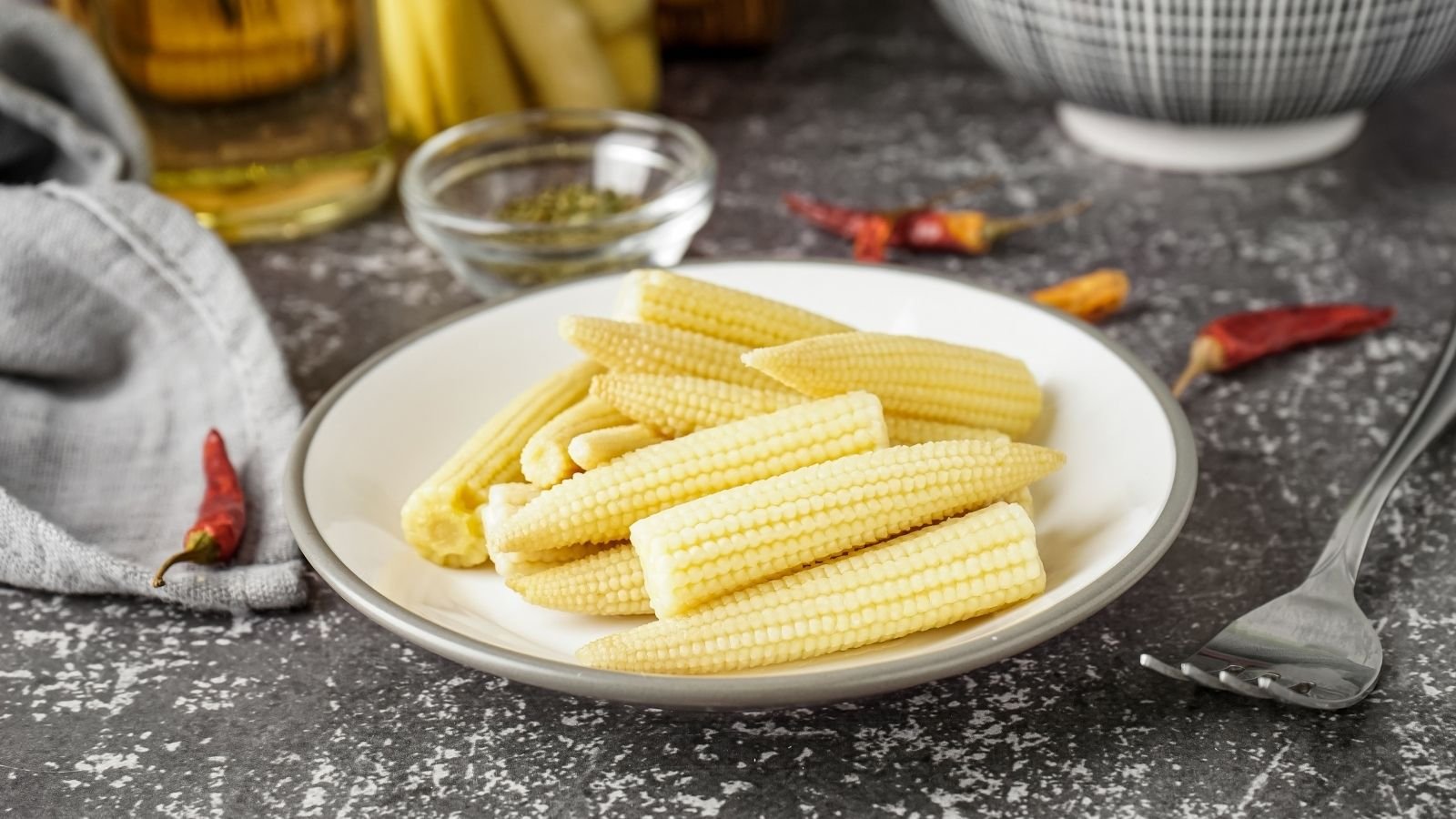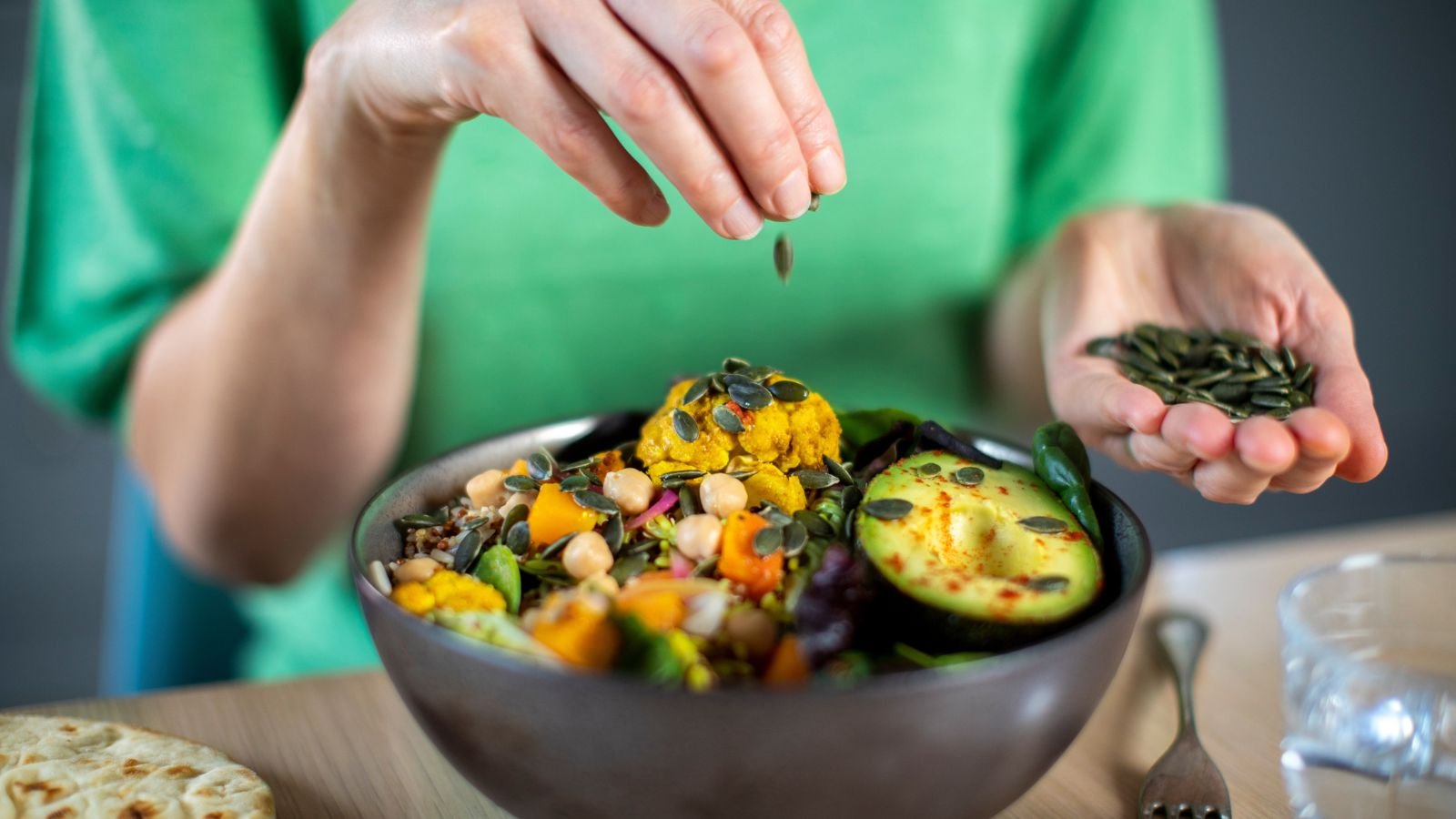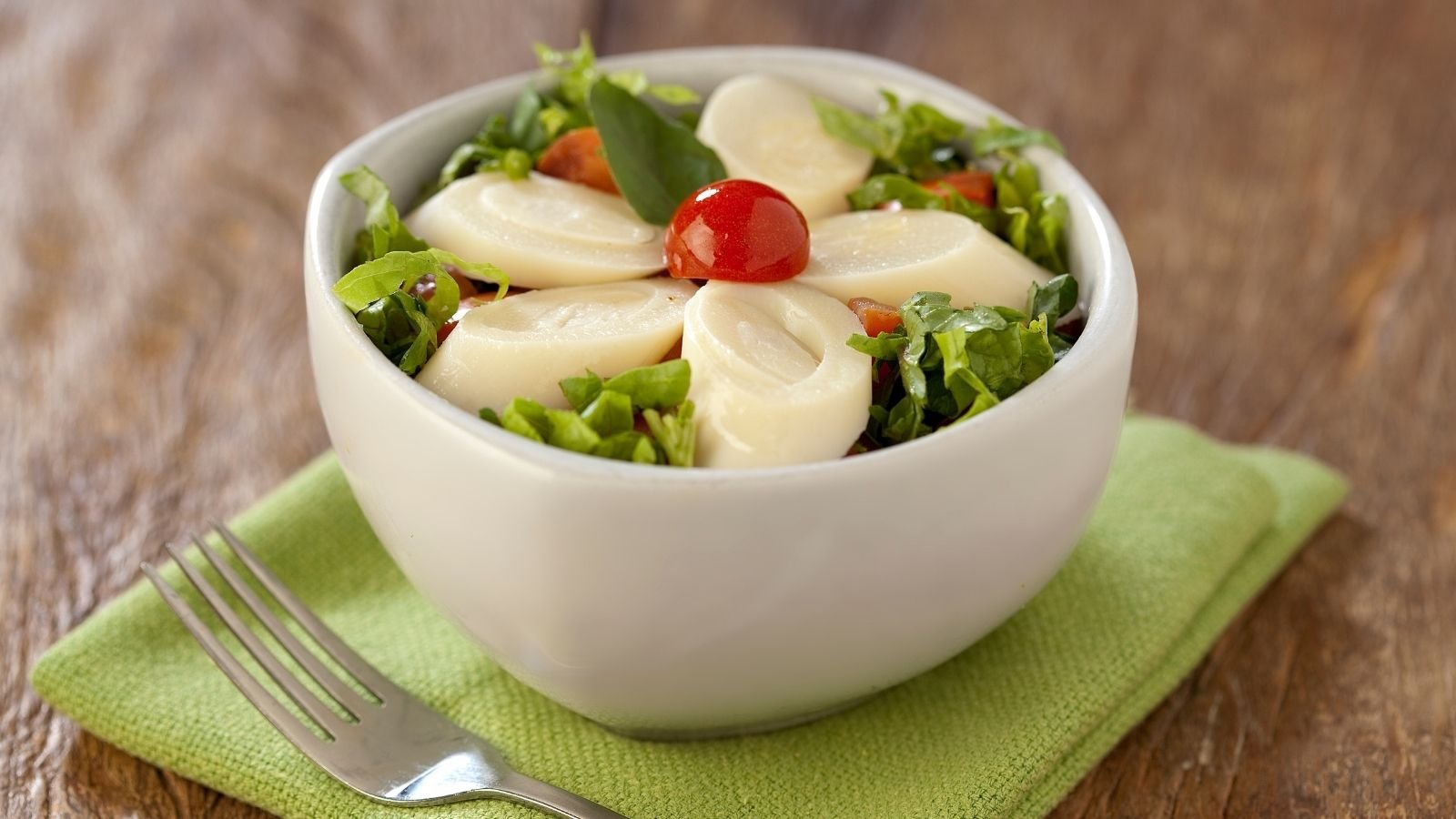With nearly 220 million Americans estimated to rely on canned, jar, or packaged fruit by the end of the year, it’s clear that canned foods have earned their place in our kitchens. Beyond the well-known options like peaches and pineapple, a treasure trove of underrated canned foods is waiting to be explored. These convenient and affordable options may not always match the nutrient density of fresh produce, but they still provide essential vitamins, minerals, and fiber. The only precaution to take is to choose BPA-free cans and avoid dented or expired ones.
Let’s explore twelve canned foods that elevate your culinary creations and enhance your everyday meals.
Beans

Canned beans are nutritional powerhouses packed with protein and fiber, essential for heart health and digestion. Research shows a high fiber intake can lower cholesterol. Additionally, beans are rich in iron, potassium, and magnesium, which are vital for overall health. They offer versatility in cooking, from hearty soups to light salads, and can contribute to weight management. This is due to their high fiber content, which helps balance satiety. Opt for low-sodium varieties and rinse thoroughly to reduce sodium intake.
Tuna

Packed with high-quality protein, it’s a lean and satisfying option. Beyond protein, it’s a rich source of omega-3 fatty acids, essential for heart health, brain function, and reducing inflammation. Low in calories and fat, it’s ideal for weight management, while its long shelf life makes it a convenient protein source. Rich in vitamin D and selenium, canned tuna offers a cost-effective, minimally processed way to boost your health. The Dietary Guidelines for Americans recommend eating at least 8 ounces of fish per week for most adults. This can be fulfilled with options like canned tuna.
Diced Tomatoes

While fresh and canned tomatoes provide essential nutrients, canned tomatoes excel in one key area: lycopene. This powerful antioxidant, responsible for tomatoes’ red hue, has been linked to significant health benefits. Studies have shown that individuals with high blood lycopene levels have up to a 39% lower risk of premature death. Additionally, diets rich in lycopene have been associated with a 17-26% lower risk of heart disease. The canning process increases lycopene bioavailability, meaning your body absorbs more of this beneficial compound versus fresh tomatoes.
Coconut Milk

Coconut milk, a creamy elixir extracted from the flesh of mature coconuts, offers a unique nutritional profile. Calories majorly stem from beneficial fats known as medium-chain triglycerides (MCTs). Contrary to popular belief about saturated fats, coconut milk might not deteriorate heart health. A study comparing coconut milk and soy milk porridge revealed intriguing results. Coconut milk porridge effectively lowered “bad” LDL cholesterol while significantly boosting “good” HDL cholesterol. It’s essential to note that coconut milk remains a high-calorie food, and moderation is key.
Diced Green Chiles

Canned green chiles pack a flavorful punch while delivering essential nutrients. Rich in phenolic compounds like capsaicin, they offer potent antioxidant benefits. Capsaicin, the compound responsible for their heat, helps combat harmful free radicals linked to heart disease. One serving provides 10% of your daily vitamin A requirement for maintaining good eyesight. These versatile peppers can add a spicy kick to various dishes, providing a nutritious boost to your meals.
Baby Corn

Baby corn, despite its name, is immature regular corn harvested early.
Canned baby corn, often imported from Asia, offers a low-calorie (25 calories/1/2 cup) alternative to starchy corn (60+ calories/1/2 cup). Rich in essential nutrients, it’s a versatile, filling option for weight management. By choosing low-sodium, preservative-free canned baby corn and gelling them into a balanced diet, you can experience its nutritional benefits without compromising your health goals.
Mandarin Oranges

Canned mandarin oranges offer a convenient and nutritious treat. Packed with vitamin C (94% DV per cup), they boost immunity and contribute to collagen production. Additionally, they provide folate (6% DV), essential for fetal development, and vitamin A (12% DV), supporting eye health. Opt for varieties packed in juice rather than syrup to maximize nutritional benefits while minimizing added sugars.
Olives

Canned olives offer a flavorful and nutritious addition to your diet. Packed with heart-healthy unsaturated fats, they contribute to cholesterol reduction. Their iron content supports oxygen transport and immune function. Olives also provide fiber for digestive health. While offering numerous benefits, it’s essential to be mindful of their sodium content, especially for those watching their salt intake. Opt for low-sodium varieties or rinse canned olives before consumption to reduce sodium levels.
Pumpkin

Packed with 7 grams of fiber per cup, canned pumpkins aid digestion and promote satiety, contributing to weight management and improved gut health. It’s a rich source of potassium (45% DV), essential for heart health, blood pressure regulation, and muscle function. Vitamin A (208% DV) is crucial for vision, immune function, and cellular growth. Vitamin C (10% DV) is a potent antioxidant that is crucial in protecting your cells from damage and aids collagen production. Additionally, pumpkin contains carotenoids, such as lutein and zeaxanthin, that reduce the risk of chronic diseases like heart disease, certain cancers, and age-related macular degeneration. Its low-calorie profile and versatility make it valuable for a balanced diet.
Jackfruit

This fruit, found in tropical regions, is a rich source of fiber, vitamin C, potassium, and antioxidants. Fiber aids digestion promotes satiety, and supports gut health. Potassium is vital for keeping your blood pressure healthy and heart function in check. Vitamin C, a potent antioxidant, bolsters the immune system and aids in collagen production. The antioxidants in jackfruit help combat inflammation, a root cause of many chronic diseases. Preliminary research suggests potential benefits for controlling blood sugar, and this makes it a suitable option for individuals with diabetes.
Heart of Palm

Heart of palm is a versatile vegetable prized for its low calorie and carbohydrate content, making it a keto-friendly option. It fits seamlessly into keto meal plans with 36 calories and 4 grams of net carbs per 100g serving. A typical 2-ounce (60g) serving provides around 2 grams of net carbs, accounting for a mere 4% of the daily carb allowance on a standard keto diet. Rich in fiber, potassium, phosphorus, copper, and zinc, it supports digestion, heart health, bone strength, and immune function. Its low sodium content means it is a healthier alternative to many processed foods, and the antioxidants help combat oxidative stress.
Spinach

While fresh spinach often gets the spotlight, canned spinach retains much of its nutritional value. It’s a rich source of vitamin A, providing 70% of your daily recommended intake, which is essential for healthy vision, skin, and immune function. Canned spinach also supports bone health and blood clotting. Though some nutrients may be lost during the canning process, canned spinach remains a convenient and nutrient-dense option for practically boosting your vitamin intake.
